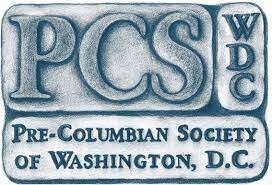Malinche, according to Indians
by Camilla Townsend, PhD, Rutgets University
Traditionally, we have become acquainted with Malinche (or doña Marina), the woman who translated for Hernando Cortés, through the writings of Spanish conquistadors and later generations of Hispanic Mexicans. Many people continue to think of her as conniving and self-interested, even as a traitor. But what do we learn when we instead consider her life through the Nahuatl-language writings of other sixteenth-century-century Indigenous people? How did they understand her choices? (Spoiler: It turns out that they did not blame her at all.)
Camilla Townsend is Board of Governors Distinguished Professor of History at Rutgers University, as well as this year’s Jay Kislak Chair for the Study of Early American History at the Kluge Center of the Library of Congress. Her work has been supported by such entities as the John Simon Guggenheim Memorial Foundation and the National Endowment for the Humanities. She is the author of numerous books about Indigenous history, among them, Fifth Sun: A New History of the Aztecs, winner of the 2020 Cundill Prize in History.
This lecture will be presented on Zoom. To register for the talk, click HERE.

